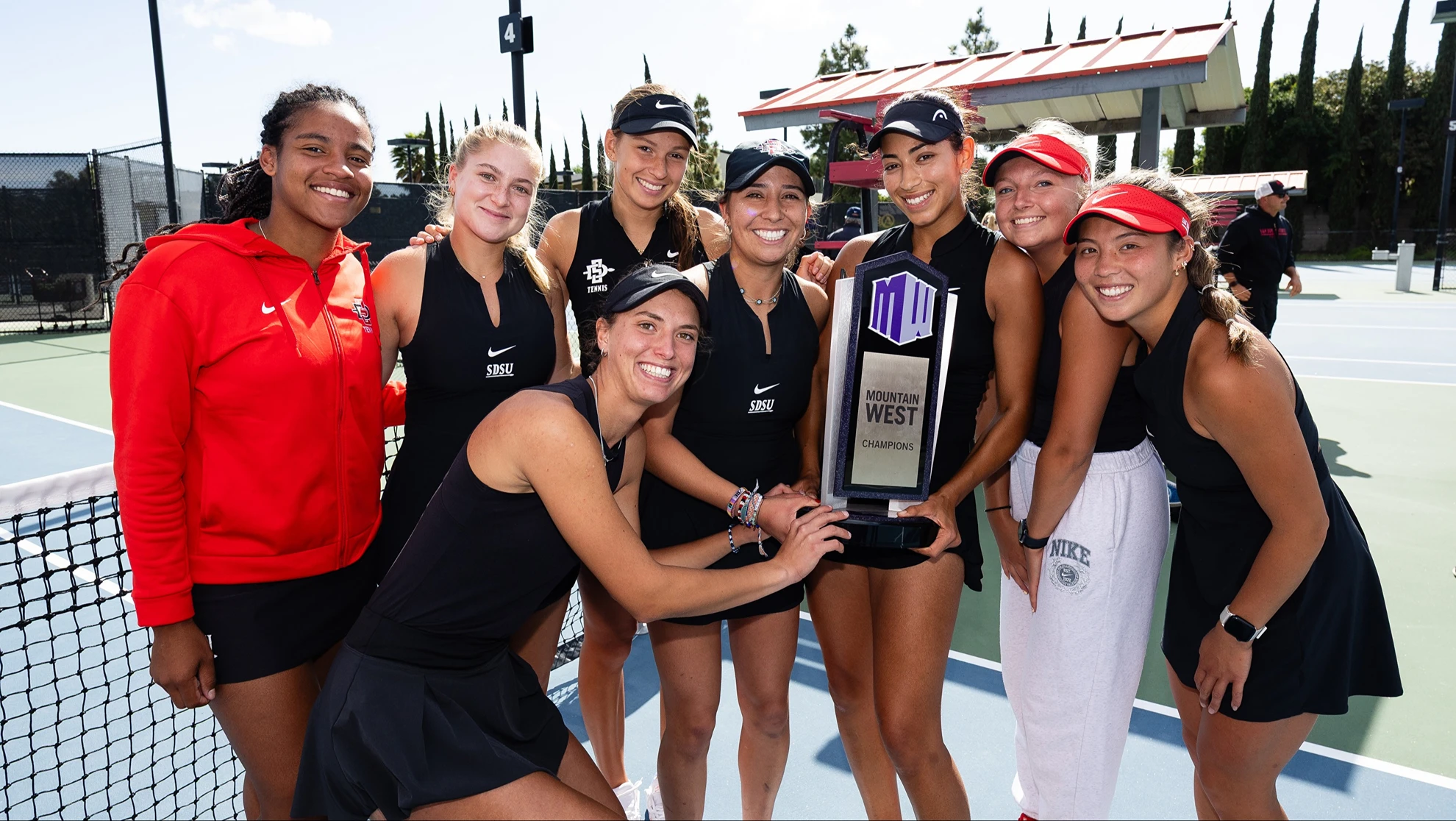Brazil Program Spawns NSF Grants for Environmental Research
SDSU faculty and students will study the impacts of water shortages in the Amazon.

The word “Amazon” conjures images of lush jungles, their trees perpetually dripping with moisture. Reality tells a different story.
The southern reaches of the Amazon River Basin were deforested decades ago and developed to sustain cattle ranching. Although the area is a rainforest, drought is a frequent problem, resulting in fire, forest dieback, and poor agricultural production. The World Wildlife Fund estimates a quarter of the Amazon biome will be without trees by 2030 if the current rate of deforestation continues.
Fifteen years ago, Trent Biggs’ doctoral research in geography took him to the Amazon, the world's largest tropical rainforest, where he studied how deforestation affected water quality in the region’s southern perimeter.
“It was like the Wild West, where environmental regulations were not closely followed, and there was a distinctive frontier atmosphere of ranching and possibility,” he recalled. In the years since, Brazil has developed sophisticated environmental enforcement using satellite data and geographic information technology. As a result, deforestation rates have been reduced dramatically.
Now, Biggs is preparing to return to the Amazon with fellow San Diego State University geographer Fernando De Sales as part of a National Science Foundation (NSF) grant to examine the impacts of agricultural-related deforestation on water cycles and regional climate change.
The five-year, $1.45 million study will contribute to understanding land-use and land-cover changes by advancing basic scientific knowledge of the dynamic interaction between deforestation, water stress and land use decisions by small farmers and ranchers.
Biggs and De Sales are co-principal investigators on the grant along with environmental scientists and economists from Salisbury University (Maryland) and New York University. Katrina Mullan from the University of Montana is the principal investigator.
The NSF award comes at a time when Brazilian government restrictions on land use may be subject to change. The country’s president-elect Jair Bolsonaro, who will take office Jan. 1, is a vocal climate change skeptic and a staunch supporter of agribusiness. Recently, Brazil reneged on its offer to host the 2019 UN Convention on Climate Change.
Fruits of the Brazil Program
Biggs’ preliminary field research for the NSF project was funded through a grant from SDSU’s J. Keith Behner and Catherine M. Stiefel Program on Brazil. Created in 2014, it is the university’s first endowed program with an international focus.
The Brazil Program also supported engineering professor Matthew Verbyla’s successful efforts to secure a three-year, $300,000 NSF grant for SDSU student and faculty research in Brazil’s southeastern state of Minas Gerais. The students will work with university researchers in Brazil to examine the benefits and risks of recovering water, energy and nutrients from wastewater.
“The grant will allow students from engineering, social science and other areas of study to learn how sustainability is defined by professionals in other disciplines and cultures as they assess the performance and perceptions of wastewater treatment technology,” Verbyla said.
Upon returning, the students will lead local outreach activities at K-12 schools in San Diego to motivate the next generation of STEM professionals.
Natalie Mladenov, SDSU professor of environmental engineering, and Erika Robb Larkins, professor of anthropology and director of the Brazil Program, are co-PIs on the grant.
Environmental concerns
SDSU’s portion of the NSF Amazon research grant will enable Biggs and De Salas to look at the climate impacts of past and future land use in the state of Rondônia, Brazil. There, deforestation of the Amazon rainforest to create cropland and pasture has increased agricultural production but simultaneously raised environmental concerns, including reduction of rainfall that is generated partly by the forest itself.
Investigators will take soil samples, collect data on land cover, climate and hydrology, leverage remote sensing data and interview farmers—with the goal of understanding how deforestation of tropical rainforests impacts humans through changes in the water cycle.
For example, milk production on Rondônian farms falls by half during the dry season, a possible reason why farmers, looking to supplement their income, increase deforestation and add to their herds.
“The project’s main goal is to advance the understanding of how deforestation of tropical rainforests affects humans so we can improve the well-being of individuals that live in those areas,” De Sales said. “It will also foster collaboration between U.S. and Brazilian institutions and ultimately enhance infrastructure for research and education on rainforest biomes.”



